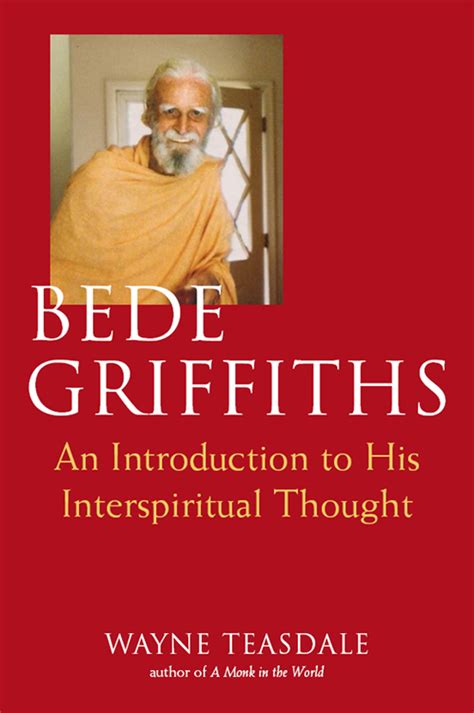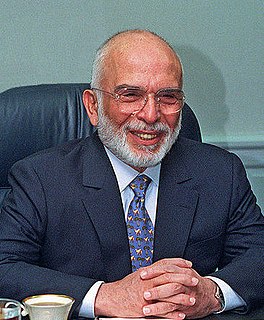A Quote by Wayne Teasdale
The rise of community among cultures and religious traditions makes possible what we can call 'interspirituality': the assimilation of insights, values, and spiritual practices from the various religions and their application to one's own inner life and development.
Related Quotes
Material objects give rise to physical happiness, while spiritual development gives rise to mental happiness. Since we experience both physical and mental happiness, we need both material and spiritual development. This is why, for our own good and that of society we need to balance material progress with inner development.
The spiritual traditions of all the religions have certain similarities that are unmistakable. They share many of the same basic practices like sacred reading, spiritual guidance, moderation in eating, drinking and sexual expression, and above all, trying to be aware of the presence of God in other people and in everyday life.
In the mystic traditions of the different religions we have a remarkable unity of spirit. Whatever religion they may profess, they are spiritual kinsmen. While the different religions in their historic forms bind us to limited groups and militate against the development of loyalty to the world community, the mystics have already stood for the fellowship of humanity in harmony with the spirit of the mystics of ages gone by.
We all want to live a happy life and have a right to do so, whether through work or spiritual practice. I'm subject to destructive emotions like anger and jealousy the same as you, but we all have potential for good too. However, our existing education system is oriented towards material development; neglecting inner values. Consequently we lack a clear awareness of the inner values that are the basis of a happy life.
My call for a spiritual revolution is not a call for a religious revolution. Nor is it a reference to a way of life that is somehow otherworldly, still less to something magical or mysterious. Rather it is a call for a radical reorientation away from our habitual preoccupation with self. It is a call to turn toward the wider community of beings with whom we are connected, and for conduct which recognizes others' interests alongside our own.
It should not be strange that the values cherished by all the three major religions are the same, since they originate from a common source. For example, Islam, the predominant religion in the Middle East, accepts as an integral part of its religious teachings both the Old and the New Testaments. If this commonality of moral traditions among the world's major religions does not say something about the universality of religion, it does say something about the universality of mankind.
When I am engaging with people of other religious faiths, I find myself unable to commit to their conclusions or agree with their assessments. Yet at the same time I come away encouraged by spiritual truths found in their traditions, thrilled by new insights into my own faith, and more passionate than ever about being a disciple of Christ.
It is with a rush of home-sickness that the thought of death presents itself.... Such sentiment is the eternal stock of all religions, modified indeed by changes of time and place, but indestructible, because its root is so deep in the earth of man's nature. The breath of religious initiators passes over them; a few "rise up with wings as eagles" [Isaiah 40:31], but the broad level of religious life is not permanently changed. Religious progress, like all purely spiritual progress, is confined to a few.
Responsible Development shares many practices with XP but the roots are different. Responsible Development's values are honesty, transparency, accountability and responsibility. These lead me to pairing, test-first, incremental design, continuous integration and so on because they support the values.































